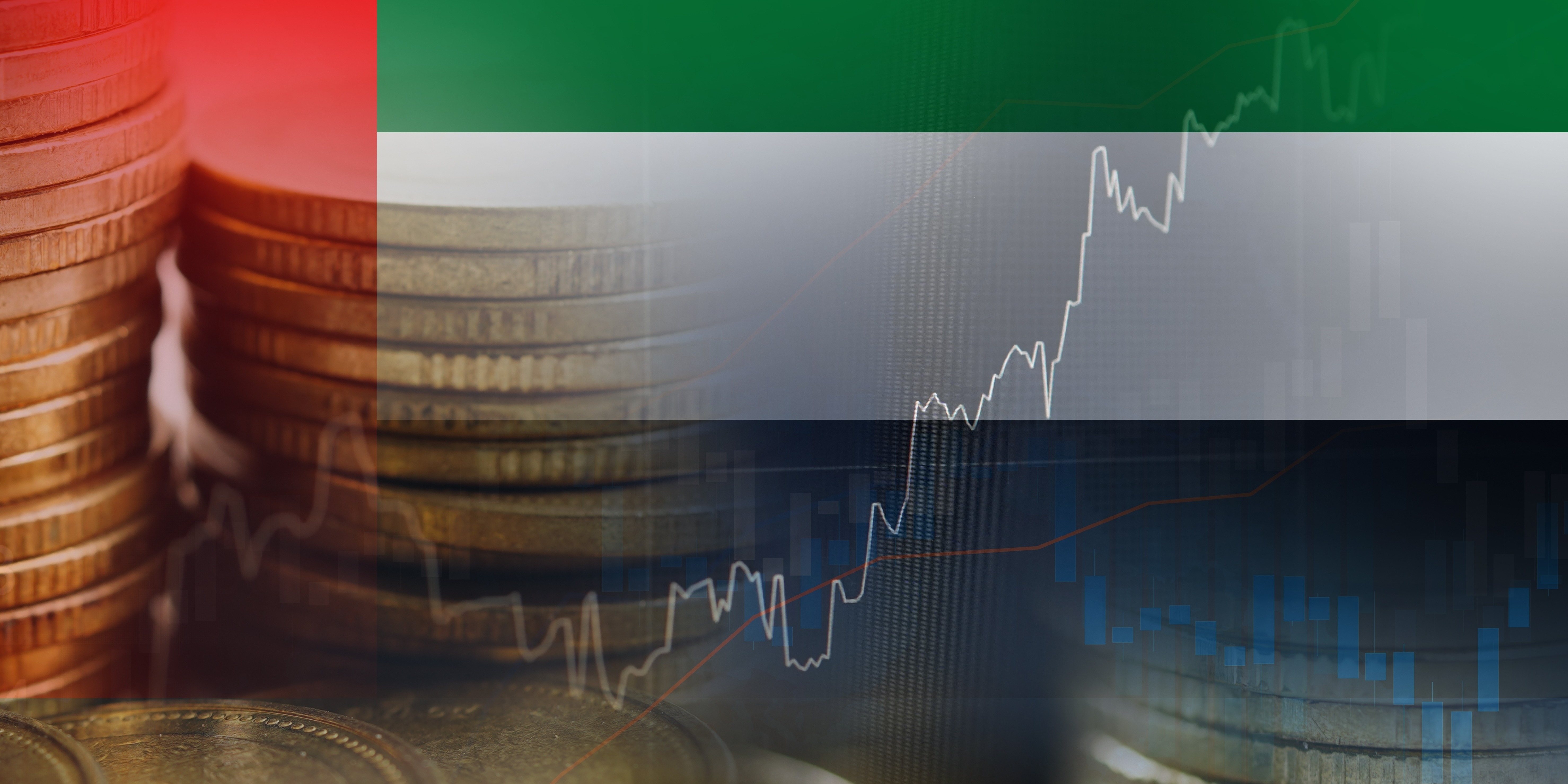UAE sukuk market strengthens as Islamic finance assets grow 16% in early 2025
The United Arab Emirates’ Islamic finance sector continues to expand, supported by rising sukuk issuance and steady growth in Islamic banking assets, according to newly released government data.
Total credit granted by UAE Islamic banks reached 503.5 billion Emirati dirhams ($137 billion) as of February 2025, marking a 16% year-on-year increase, according to the Central Bank of the UAE. Deposits grew at an even faster pace, rising 16.9% year-on-year to 595.3 billion dirhams ($162 billion).
Jamal Saleh, director-general of the UAE Banks Federation (UBF), said in statements carried by Emirates News Agency (WAM) that the sector’s performance reflects the country’s broader efforts to develop its Islamic finance infrastructure as part of its national diversification strategy. “The UAE has made significant progress in Islamic banking, sukuk issuance and Shariah-compliant finance overall,” Saleh said.
The sukuk market has seen particularly strong momentum. Sukuk listed on Nasdaq Dubai totalled over $95.7 billion as of May 2025, positioning the UAE among the world’s leading centres for Shariah-compliant fixed-income instruments. The federal government’s 2023 launch of dirham-denominated Islamic Treasury Sukuk (T-Sukuk) has further strengthened market activity.
According to the 2023 Islamic Finance Development Indicator, the UAE ranked fourth globally in Islamic financial markets by total assets.
In May 2025, the UAE government approved a national strategy for the development of Islamic finance and the halal industry. The plan aims to create an integrated ecosystem across Islamic banking, takaful, sukuk, and non-banking Shariah-compliant financial services, in line with global standards.
Parallel to the financial sector, the UAE is advancing its halal industry ambitions. The government targets an increase in halal exports from 74 billion dirhams ($20 billion) to 315 billion dirhams ($86 billion) by 2031. The country’s halal food and beverage market is projected to exceed $31.27 billion by 2029, according to Bonafide Research.
Saleh Lootah, chairman of the UAE Food and Beverage Manufacturers Group, told WAM that growing demand for halal-certified products is encouraging more local manufacturers to expand into the sector.
The UAE’s geographic location and infrastructure continue to support its development as a global centre for both Islamic finance and halal trade.

Muhammad Ali Bandial